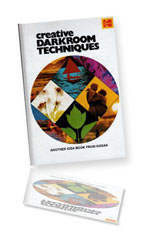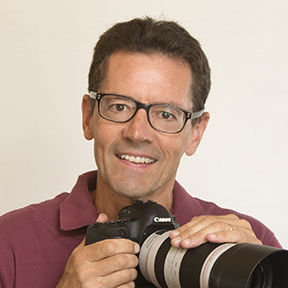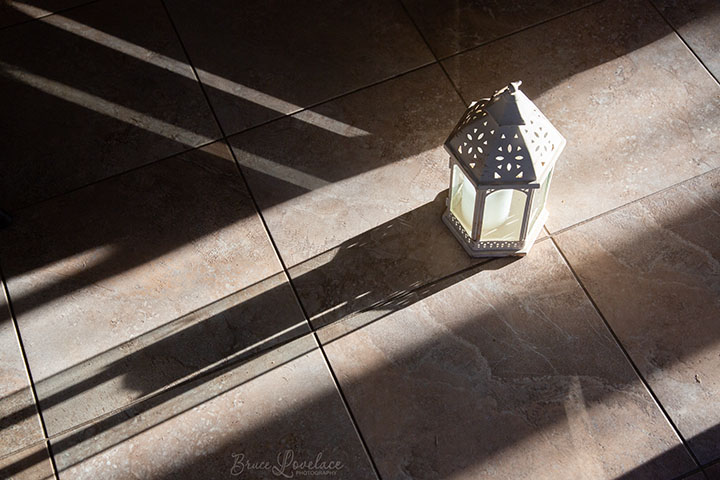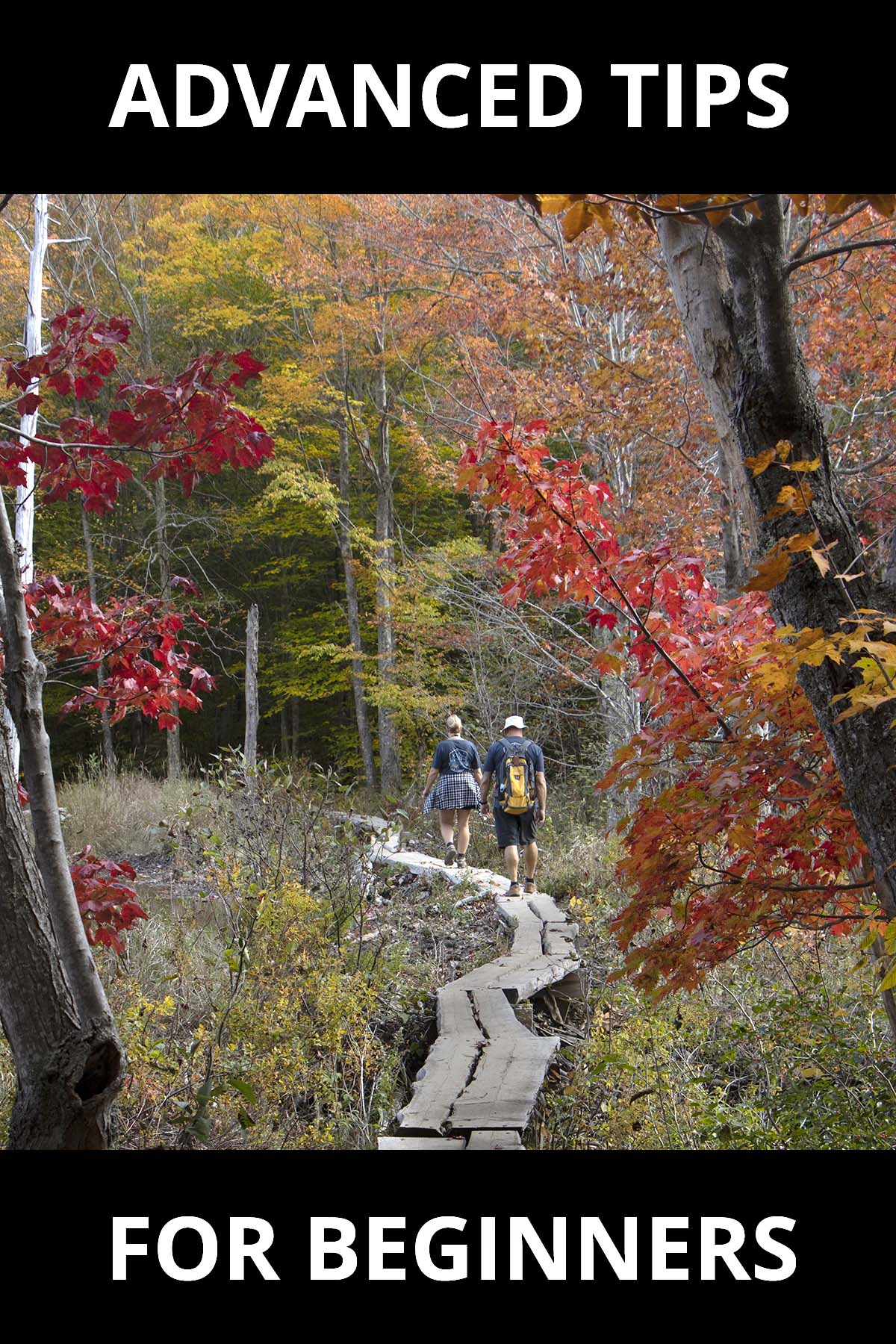HOW TO POSTS: LIGHTING AND COMPOSITION
5 advanced tips in photography to use before you touch your camera
WRITTEN BY: BRUCE LOVELACE
UPDATED: August 26, 2025
This post on advanced tips in photography is going to give you 5 things to do before you even pick up your camera and take that next photo. You can advance your photographic success by following these 5 simple steps.
You'd think you would start by getting specific tips on composition, camera settings like aperture or shutter speed, lens choice, or exposure lighting. This is a different approach for you to try. For those traditional tips go straight to my post on the top 20 photography tips for beginners.
Surprisingly, I am going to give 5 tips to advance your photography that no one else will. The advanced tips are
- MENTOR. Although you can, you don't have to hire a photo coach. There are so many solid sources of information. You just need to pick one that interest you
- SEE THE LIGHT. Just make it a habit to observe the light you came across all day.
- DISCOVER. Find out about one new thing your camera can do before you use it each time.
- RESERVE TIME. Whether it's simply studying a few photos in an online gallery, or planning a photo excursion, or watching a YouTube video on a specific technique, block off a set amount of time to think.
- ATTITUDE. Right now, as you read this post, feel inspired. After all, the technology is so advanced, so good, so capable, that there's no excuse for taking bad photos anymore. You just need a little motivation to learn a few techniques.
Seriously, don't just read the tips for advanced photography listed above. Use them! The detailed instructions on each are below.
Okay, I know what you're thinking. You're saying Bruce, I'm looking for modern state-of-the-art photography tips. I know, but stay here with me for a minute. This is an unusual starting place for aspiring photographers, but keep reading. I promise you it's worth your while.
The basic elements of photography will become secondary and automatic for you with a little practice. This will enable you to concentrate on the creative side of photography.
This was always my big mistake for me early on in my photography career. I have attempted to evolve and become more of an artist. As a young boy, I was intent on learning about f-stops, shutter speeds and which chemical developing solution and photographic paper to use.
This was important to learn in those days because the cameras were simple and needed a knowledgeable photographer to get good photos.
You've got it different. The technology is wonderfully advanced. Let's advance your photography too.
 My first
My firstphotography book
What I should have also been doing was developing my creative side as well. My favorite photography book was Creative Darkroom Techniques, a book from Kodak.
I was fascinated by burning and dodging techniques as well as the sabattier effect and modifying printing and developing processes. It was full of advanced photography tips pertaining to post-capture or after the photo was taken. I knew nothing about the rule of thirds in photography, or about balance, perspective or leading lines. I didn't know any talented photographers with advanced photography knowledge.
Okay, enough with the fluff. Let's dive in deeper with the tips get you to a more advanced level of photography.
1. find a mentor or a photography coach
Study a master of the type of photography you want to improve. Normally we think of a mentor as someone we interact with on a periodic basis. Times have changed. Dead or alive, your mentor has examples of his/her photography published on the web. The internet gives you access to any photographer's blog, Facebook page, Instagram feed, photography book, or online gallery.
Lock in on the advanced techniques your favorite photographer uses. No, you don't have to pay for coaching if you don't want to. Your mentor can doesn't have to be one specific photographer. It can also just be focused on one of the following areas of photography.
Portrait Photography
Street Photography
HDR Photography
Wildlife Photography
Bird Photography
Travel Photography
Macro Photography
Time Lapse
Long Exposure
Landscapes
Seascapes
Black and White
Nighttime Photography
Astrophotography
High Contrast
 My first "Mentor" was Ansel Adams
My first "Mentor" was Ansel AdamsI learned by reading books about his photography.
Many would argue that Ansel Adams was perhaps the most well-known photographer of all time.
His love of nature and his advanced mastery of modifying film developing and printing made his work World renown.
If you have an interest in black and white nature photography, there could be no better place to start.
Would you like to be able to use some creative baby poses? Study the work of Anne Geddes. Just tap into some of the ideas she has and you are taking a step toward more advanced photography.
If you want to improve your portrait photography poses, maybe I can help. I wouldn't call myself a master, but I have learned a lot and provided a lot of tips for family portraits and individual posing here: Portrait Photography Tips.
2. Observe Light
You will be absolutely amazed at how advanced your photography will become when you make it a habit to observe lighting. Whether you're sitting in your office cubical, in a parking lot, at your kid's soccer game, or sipping your morning coffee, noticing where the light is coming from and how it's "painting" the subject in front of you. It's a geeky, fun learning experience that will carry over to your photography.
This was an early morning sunlight pattern of shadows and reflections that I noticed and felt compelled to come up with an interesting composition. Here's my complete article on having fun and learning with shadow photography.
3. Learn One Camera Capability
 Camera manual
Camera manualThis is often the one thing that is skipped more than any other. Your camera is a remarkable achievement in advanced features with dozens of capabilities. Each time you're going to use your camera, use a different exposure mode, or focus setting, or camera setting.
You can find out how in your boring camera manual, buy a book on your specific camera, or do a search on YouTube for settings for your specific camera.
4. schedule the time for your advanced tips in photography learning
 Journal
JournalBlock off the time. To become a master or at least become an advanced photographer, it takes a little commitment. Block off some time where you will be uninterrupted for concentration and focus. Put your phone on silence.
Even if it's only an hour a week to check out a few photography tips, or view a few online photo galleries, it's very valuable to have that time committed to improving your photography and nothing else.
Give yourself a written assignment and a deadline, as if you were in photography school. That's exactly what I did when I gave myself a photography assignment on close up photography: Macro Photography.
Then block off another hour to try and implement a few of those advanced techniques. Make it fun! Experiment a bit. Get your creative juices flowing. Make a few photo mistakes on the way.
5. attitude is everything
This is going to be fun for you!
Have a PMA. Positive Mental Attitude. It has been proven that we humans act, feel and have more success if we at first imagine a better experience in our mind. The greatest pro athletes do this all of the time with previsualization.
I'm sure this could be a bit "out there" for a few of you, but many studies have proven this works. Have fun with this, but at the same time expect positive results with better picture taking.
Picture yourself taking a great photo, or learning an advanced photography tip. Visualize yourself as a creative talent. It may feel silly at first, but repetition is the mother of learning. Have a belief that there are great photographs everywhere, just waiting to be taken by you. Whatever you focus on, the more you focus on it, it will start to appear more often.
These advanced tips in photography are really tips for anything you want to accomplish in life. Studying from those that have already had success. Consistently committing time to the process. Nurturing the right attitudes and belief about your progress.
FURTHER READING:
Creative Photo Techniques. This is the first article in a series on creative photography tips that involves using digital photo editing software. Making multi-exposure photos was one of the advanced tips in photography that I tried in the days of film photography and printing in the darkroom.
You should understand at least the basic technical stuff that is relevant to the kind of photography you are doing. That includes understanding, and I mean really understanding the exposure triangle. You will want to be familiar with composition rules like the rule of thirds, as well as the 4 elements of light.
Stay inspired with your photography. Shoot more photos!


ABOUT BRUCE LOVELACE
Bruce is the publisher of this website. He is the author of the book "Improve Your Photography Instantly." Read more on Bruce on his Bio Page. He's been known as The Traveling Photographer ever since 1994. Read more about this website.
View some of Bruce's photos on Instagram. Visit the Facebook Page. Watch him on YouTube. Bruce runs photo workshops for kids and adults, and provides one-on-one photography coaching.
Digital Photography Education Location on Google My Business











